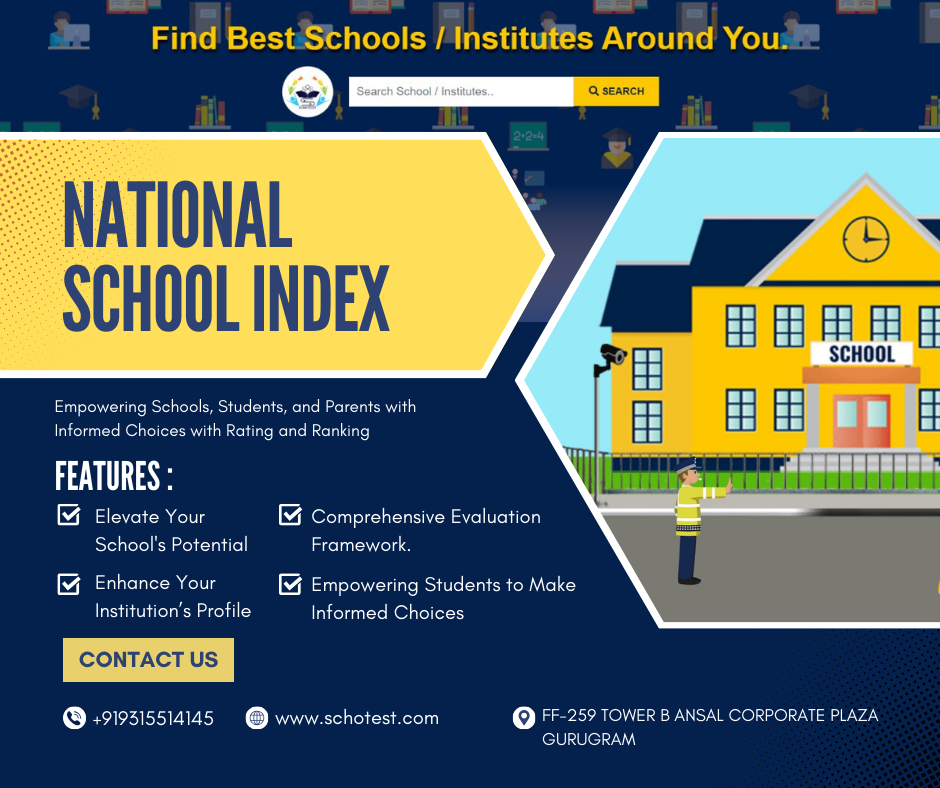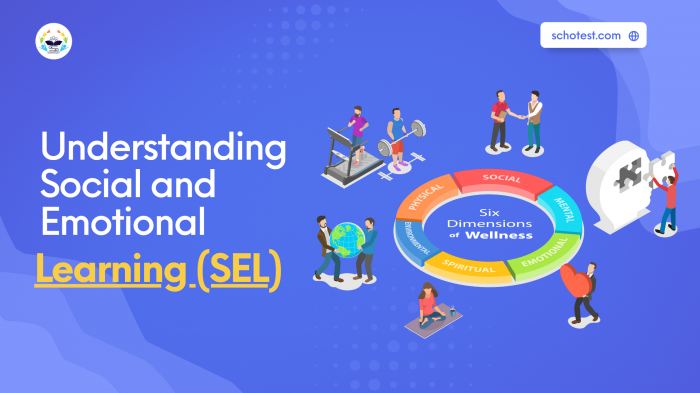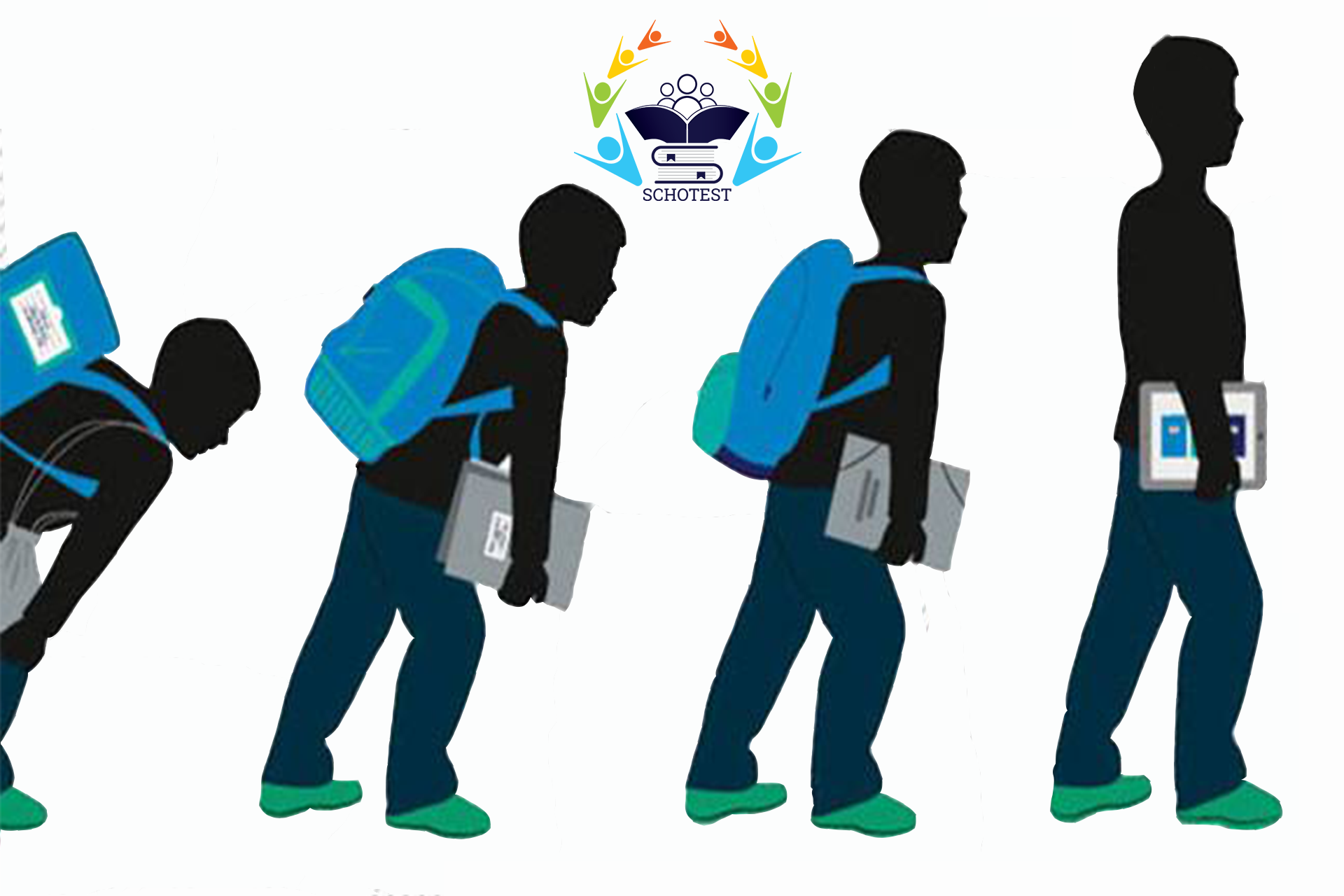Understanding Social and Emotional Learning (SEL) and Its Impact
Social and Emotional Learning (SEL) is increasingly recognized as a crucial component of education. At its core, SEL helps individuals of all ages develop essential skills for managing emotions, establishing healthy relationships, and making responsible decisions. This blog explores the significance of SEL, its benefits, and how SchoTest is contributing to its integration in schools.
What is Social and Emotional Learning?
Social and Emotional Learning (SEL) refers to the process through which individuals acquire and apply knowledge, attitudes, and skills to develop healthy identities, manage emotions, achieve personal and collective goals, show empathy, establish supportive relationships, and make responsible decisions. SEL is not just about academic success; it fosters a holistic development that enhances both personal and social well-being.
The Five Core Competencies of SEL
According to the Collaborative for Academic, Social, and Emotional Learning (CASEL), SEL is built upon five core competencies:
- Self-awareness: Understanding one’s emotions, strengths, and limitations.
- Self-Management: Regulating emotions and behaviors, and setting and achieving personal goals.
- Social Awareness: Empathizing with others and understanding diverse perspectives.
- Relationship Skills: Building and maintaining healthy relationships through effective communication and conflict resolution.
- Responsible Decision-Making: Making choices that are ethical and beneficial for oneself and others.
The Benefits of SEL
Research shows that SEL positively impacts various aspects of students’ lives:
- Academic Achievement: Students in SEL programs have been shown to experience a significant improvement in academic performance.
- Emotional Well-being: SEL helps students manage stress and develop resilience.
- Social Skills: Enhanced empathy and communication skills lead to better relationships and reduced incidents of bullying.
The long-term benefits of SEL extend beyond school, helping individuals navigate complex social environments and succeed in their personal and professional lives.
Implementing SEL in Schools
Effective implementation of SEL involves integrating these practices into the daily life of schools. This can include:
- Curriculum Integration: Embedding SEL principles into academic subjects.
- Dedicated SEL Time: Allocating specific time for SEL activities.
- Professional Development: Training educators to incorporate SEL strategies into their teaching.
SchoTest is committed to supporting the integration of SEL in schools. By providing innovative tools and resources, SchoTest helps schools create environments that foster SEL, ensuring that students not only excel academically but also thrive emotionally and socially.
Why SEL Matters
In an increasingly diverse and complex world, SEL equips students with the skills needed to navigate their emotions and interactions constructively. As schools face new challenges, SEL offers a framework to build supportive and inclusive learning environments.
SchoTest's Role in Promoting SEL
At SchoTest, we recognize the transformative power of SEL and are dedicated to helping schools integrate these principles effectively. Through our partnerships and resources, we aim to enhance educational outcomes and foster a supportive atmosphere where every student can succeed.











Discussion